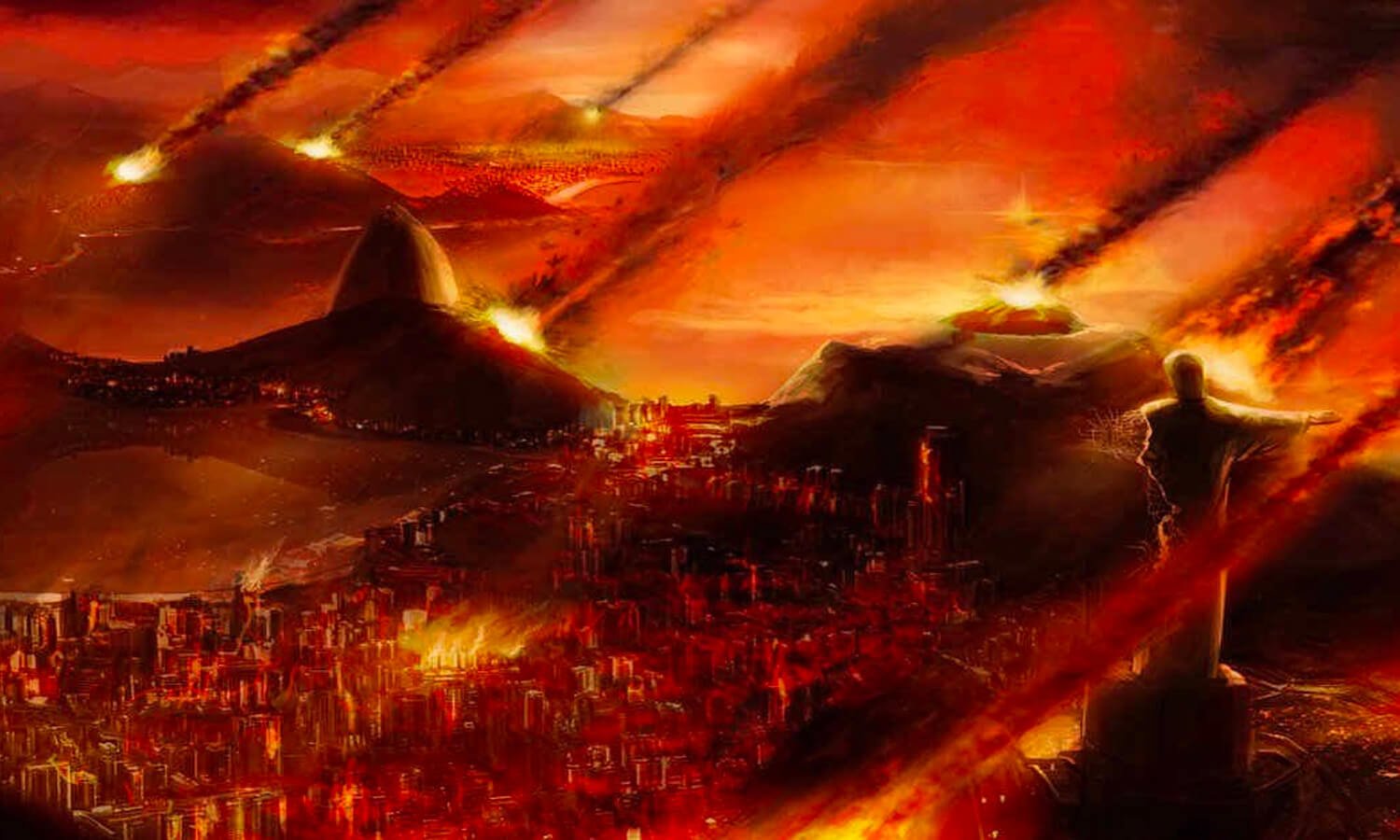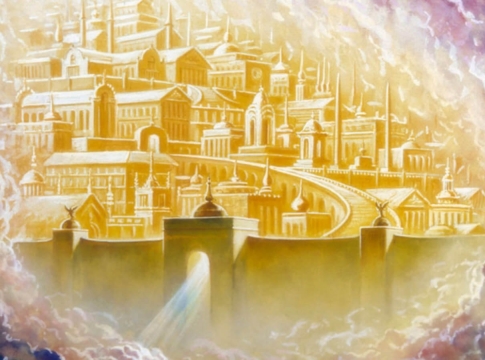
“Because there will be great distress, unequaled from the beginning of the world until now – and never to be equalled again,” declares Jesus in Matthew 24:21. What exactly is this “great distress,” when is it going to happen, and will Christians be affected?
Destruction of the temple in Jerusalem
Many believe that this great tribulation alludes to a trying period in the final days of our existence, immediately preceding Jesus’ second coming. Examining the Bible closely reveals that Jesus isn’t actually discussing the end of the world in Matthew 24:21. He is referring to the fall of the Jerusalem temple, which took place in the year 70 A.D. However, Jesus discusses the end times later in this chapter. As a result, it is unclear if there will be a similar time period at the end of the world to this tremendous affliction in A.D. 70.
We can understand Matthew 24:21 more clearly when we remember that Matthew, Mark and Luke have all recorded Jesus’ same speech from different angles, and so putting these together gives us a fuller understanding. Let’s start with Matthew. Notice that Matthew 24:21 begins: “for then there will be great distress…” When is this “then”? Well, back in Matthew 24:15, Jesus has already told us: this distress will come at the time “when you see standing in the holy place the abomination that causes desolation.” What is this desolation? Here, Luke’s account helps us: “When you see Jerusalem being surrounded by armies, you will know that its desolation is near” (Luke 21:20). This shows us that Jesus was here predicting the invasion of the Roman army which, 40 years later, in A.D. 70, did indeed come and destroy the Jerusalem temple. And why was Jesus talking about the destruction of the temple? Because, when we turn to Mark’s gospel, we see that that was the question that triggered the whole conversation! “And as He came out of the temple, one of His disciples said to Him, Look, Teacher, what wonderful stones and what wonderful buildings! And Jesus said to him, Do you see these great buildings? There will not be left here one stone upon another that will not be thrown down. And as he sat on the Mount of Olives opposite the temple, Peter and James and John and Andrew asked Him privately, Tell us, when will these things be, and what will be the sign when all these things are about to be accomplished?” (Mark 13:1-4).
Two separate events
So, the background to Jesus’ speech was that the disciples were confused: they mistakenly thought that the destruction of the temple and the end of the age would come at the same time. So, in Matthew 24, Mark 13, and Luke 21, we see Jesus carefully explaining that these are two separate events. On the one hand, the temple would be destroyed by the Romans during the disciples’ own generation (Matthew 24:34; Mark 13:30; Luke 21:32). On the other hand, the end of the world would come after “the times of the Gentiles are fulfilled” (Luke 21:24) – and even Jesus didn’t know when this later event would be (Matthew 24:36; Mark 13:32). Nevertheless, the fact that Jesus’ first prediction about the temple destruction came true warns us that His related prediction about the end of the world will come true, too, so we must be ready.
The great tribulation already happened
Even if the term “great tribulation” from Matthew 24 would not be applicable to Christians in the last days, this does not mean life will be easy for us! Now, as we await Jesus’ second coming, we live in the “last days” (Hebrews 1:2), in which there will be “terrible times” (2 Timothy 3:1), with false teachers (2 Peter 3:3), “antichrists” (1 John 2:18), and much persecution of Christians (2 Timothy 3:12), climaxing with a final “man of lawlessness” (2 Thessalonians 2:3), whom Jesus will personally defeat when He returns (2 Thessalonians 2:8). Yet, however hard our circumstances may be, we must remember that Jesus reigns at God’s right hand (Ephesians 1:20-21) with all authority in heaven and on earth (Matthew 28:18). Until He returns, He has given us the job to remain faithful to Him (Matthew 24:13) and to make disciples of all nations (Matthew 28:19-20).





